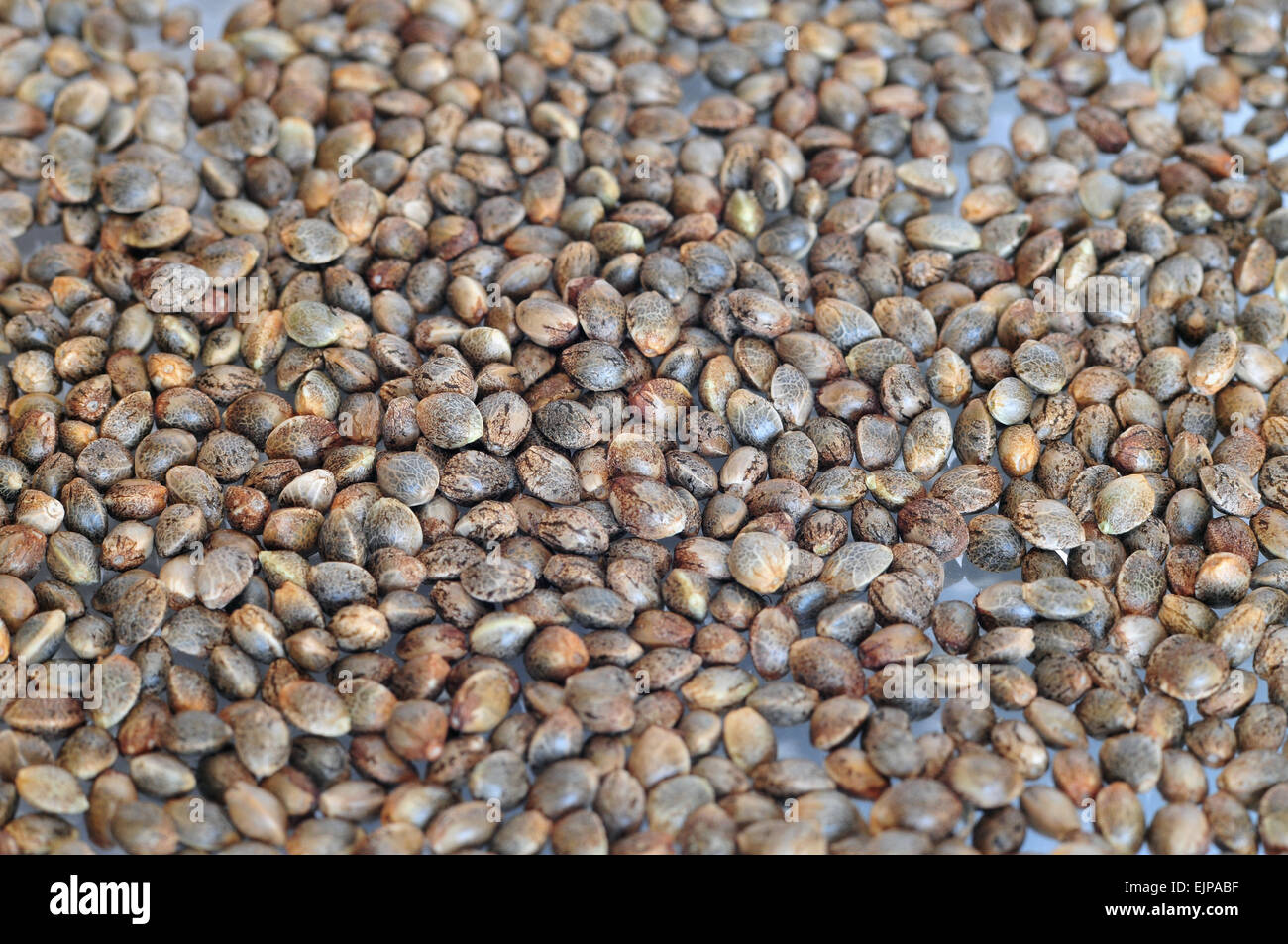In the realm of agriculture, the security of exceptional genetic strains is a crucial factor that makes sure the diversity and resilience of crops. Cannabis, normally referred to as the “green gold,” is no exception to this principle. As the cannabis sector proceeds to burgeon, it turns into essential to understand and safeguard the numerous genetic strains that contribute to the plant’s wealthy tapestry. This post delves into the significance of preserving exclusive genetic strains in cannabis seeds and the steps expected for their defense.
The Value of Genetic Diversity:
Genetic variety is the basis of a robust and adaptable plant species. In the circumstance of hashish, genetic range contributes to the plant’s capacity to resist pests, ailments, and environmental stressors. Additionally, it plays a pivotal role in building strains with unique cannabinoid and terpene profiles, catering to varied customer tastes and medicinal requirements.
Preserving scarce and special genetic strains assures the availability of a wide spectrum of qualities inside the hashish gene pool. This genetic reservoir is important for acquiring new varieties that can thrive in unique climates, offer you distinct therapeutic added benefits, and present a various assortment of sensory experiences for customers.
Troubles to Genetic Diversity:
Even with the inherent significance of genetic diversity, various troubles threaten the preservation of exclusive hashish genetic strains. The key problem lies in the lawful and regulatory landscape bordering cannabis cultivation. Stringent laws and limits on the cultivation, distribution, and exchange of cannabis seeds hinder the totally free move of genetic materials across borders.
Also, the increase of huge-scale commercial cultivation and the dominance of a couple popular strains pose a threat to the proliferation of lesser-recognized, unique genetic versions. Without the need of sufficient security, these strains may grow to be extinct or marginalized, resulting in a decline of valuable genetic assets.
The Position of Intellectual Property Legal rights:
Intellectual assets rights (IPR) engage in a essential part in safeguarding special genetic strains. By obtaining patents or plant breeders’ legal rights, breeders and cultivators can secure their creations, incentivizing innovation and investment in the cannabis sector. However, the application of IPR in the cannabis sector is advanced, with variants in legal frameworks across distinct jurisdictions.
Some nations around the world and areas have embraced the protection of cannabis-relevant intellectual home, while many others maintain strict prohibitions. Creating a standardized and globally acknowledged framework for the defense of cannabis genetic strains can aid the advancement of a sustainable and progressive industry.
Neighborhood Engagement and Moral Issues:
Preserving special genetic strains is not exclusively a lawful or regulatory challenge—it also entails ethical issues and neighborhood engagement. Quite a few traditional cannabis cultivators and indigenous communities have been the stewards of unique genetic strains for generations. Recognizing and respecting their contributions to the hashish gene pool is essential for sustainable and equitable progress.
Encouraging honest trade procedures, respecting standard understanding, and involving local communities in conservation efforts are essential ways in ensuring the ethical preservation of hashish genetic range. Collaborative initiatives involving marketplace stakeholders, scientists, and nearby communities can foster a extra inclusive and dependable approach to genetic strain security.
The Position of Seed Banking companies:
Seed banking companies enjoy a pivotal job in the conservation and distribution of hashish genetic content. These repositories shop a diverse array of seeds, acting as a safeguard versus decline due to all-natural disasters, conflicts, or regulatory changes. Seed banking companies also serve as important sources for breeders and scientists searching for to create new and resilient hashish versions.
Public and non-public seed banks, performing in conjunction with international businesses, can contribute to the worldwide effort and hard work of preserving exceptional genetic strains. Collaboration and data-sharing among seed financial institutions can enable build a thorough database of hashish genetic range, guaranteeing its accessibility for foreseeable future generations.
click to read :
The security of one of a kind genetic strains in cannabis seeds is not just a subject of preserving biodiversity—it is a safeguard for the upcoming of the hashish field and its opportunity contributions to medication, agriculture, and client well-getting. Balancing authorized frameworks, ethical factors, and group engagement is critical for producing a sustainable and inclusive approach to genetic strain defense.
As the hashish landscape continues to evolve, it is our collective accountability to cultivate a aware and forward-imagining industry—one that values the richness of genetic diversity and makes sure the longevity of the inexperienced gold.
